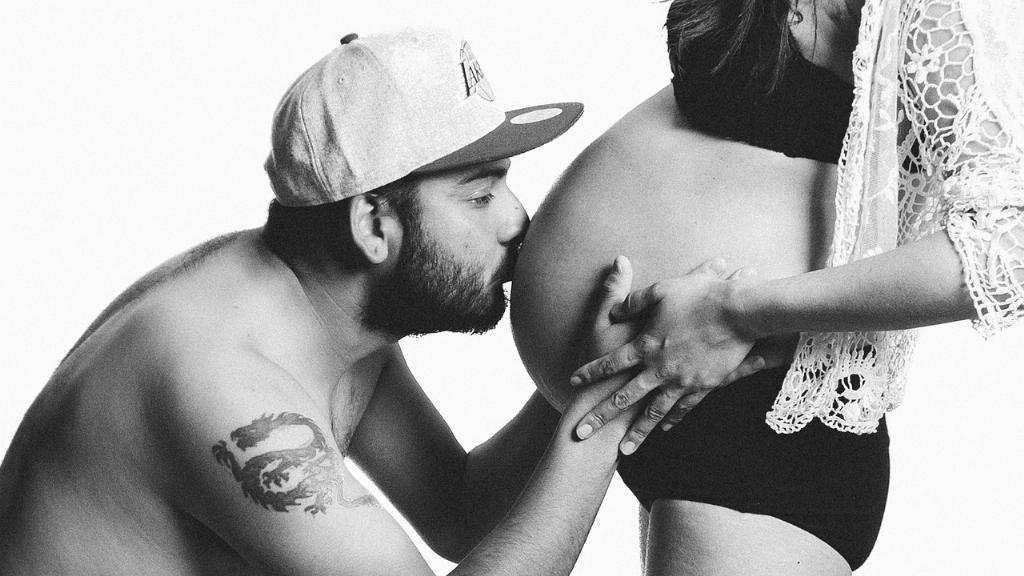One of the primary concerns for individuals who rely on home pregnancy tests is the possibility of encountering a false positive result. While the idea of a fake positive pregnancy test can be alarming, it’s essential to delve into the actual statistics to gain a clearer understanding of just how common or rare this occurrence truly is.
The Low Occurrence of False Positive Pregnancy Tests
According to experts in the field, the likelihood of receiving a false positive result when taking a home pregnancy test is exceedingly low. In fact, it has been confirmed that false positive pregnancy tests are rare occurrences and happen less than 1% of the time, as reiterated by reputable sources.
The Quality and Accuracy of Modern Pregnancy Tests
Advancements in technology have led to the development of highly sensitive and accurate home pregnancy tests. These modern tests are designed to minimize the chances of false positive results, providing users with reliable outcomes that they can trust.
Factors Affecting Pregnancy Test Accuracy
While false positives are rare, certain factors can influence the accuracy of a pregnancy test result. Understanding these variables can help individuals interpret their test results more effectively and alleviate any concerns regarding the possibility of receiving a misleading outcome.
Common Causes of False Positive Pregnancy Tests
In some cases, false positive pregnancy tests can be attributed to factors such as medication interactions, certain medical conditions, or errors in test administration. Being aware of these potential factors can help individuals navigate the testing process more cautiously.
Emotional Impact of False Positive Results
Receiving a false positive pregnancy test result can evoke a range of emotions, including confusion, anxiety, and disappointment. It’s crucial for individuals to seek support and guidance during such challenging circumstances to address their feelings effectively.
Seeking Confirmation from Healthcare Professionals
For individuals who receive a positive result on a home pregnancy test, it is advisable to consult with healthcare professionals for further confirmation. Medical professionals can conduct additional tests to verify the pregnancy status and provide appropriate guidance based on the individual’s specific situation.
Importance of Follow-Up Care
Following a positive pregnancy test result, it is essential for individuals to prioritize their health and well-being by seeking comprehensive prenatal care. Regular medical check-ups, monitoring, and support throughout the pregnancy journey are crucial for ensuring a positive outcome for both the individual and the developing fetus.
Educational Resources and Support Services
Accessing reliable educational resources and support services can help individuals navigate the complexities of pregnancy testing and prenatal care more effectively. By staying informed and seeking assistance from trusted sources, individuals can make informed decisions regarding their reproductive health.
Maintaining Open Communication
Open and honest communication with healthcare providers, partners, and loved ones can contribute to a supportive and empowering pregnancy experience. By sharing concerns, asking questions, and seeking guidance, individuals can receive the assistance they need to navigate the various aspects of pregnancy testing and beyond.
Conclusion: Trusting the Accuracy of Pregnancy Tests
While the fear of receiving a false positive pregnancy test result is valid, it’s important to acknowledge the rarity of such occurrences and have confidence in the quality and reliability of modern home pregnancy tests. By understanding the factors that can influence test results and seeking appropriate guidance when needed, individuals can approach the testing process with clarity and assurance.

